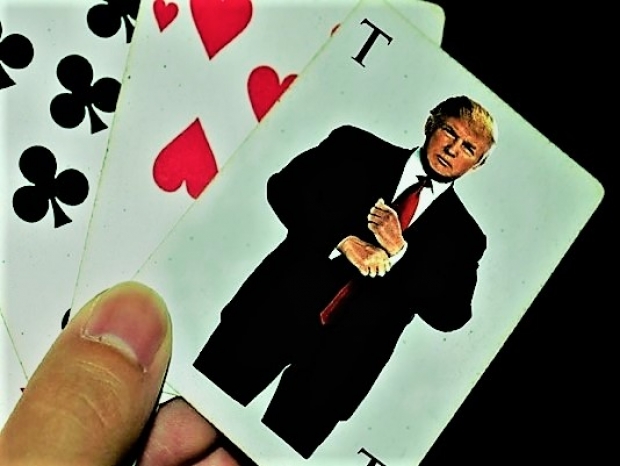Word on the street is that Beijing could weaponise its supply-dominance of “rare earth” which are a group of 17 elements that appear in low concentrations in the ground, are used in a wide-range of products stretching from lasers and military equipment to magnets found in consumer electronics.
China supplied 80 percent of the rare earths imported by the United States from 2014 to 2017. If Beijing says “no” then it would be difficult to manufacture any electronics in the US.
Ryan Castilloux, managing director of Adamas Intelligence, a consultancy that tracks rare earths markets said that magnet-related rare earths were the ideal materials to weaponise ... because "they are so critical to high-demand, highly-competitive, price-sensitive industries”.
Prices of dysprosium metal, used in magnets, high-powered lamps and nuclear control rods, are currently assessed by Asian Metal at their highest since June 2015 at 2,025 yuan ($292.98) per kg.
That is up 14 percent from May 20, the day Chinese President Xi Jinping visited a rare earth plant, sparking speculation the materials could be the next front in the Sino-U.S. trade war.
The price of neodymium metal, critical to the production of some magnets used in motors and turbines, has risen to its highest since last July at $63.25 a kg, up about 30 percent since May 20, according to Asian Metal.
The price of gadolinium oxide, used in medical imaging devices and fuel cells, is up 12.6 percent from May 20 at 192,500 yuan a tonne, the highest in five years.
If China indeed weaponises rare earths, the US will not have enough supply because it needs some lead time to build their processing capacity, which currently is zero.




